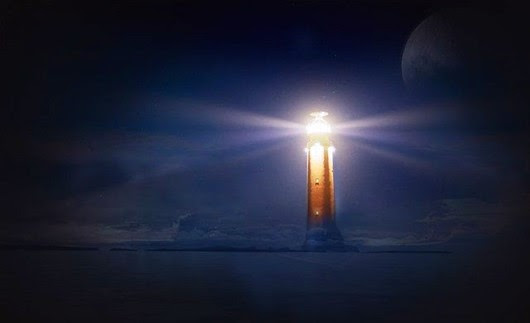Unitarian Universalist Fellowship Fayetteville-
… UUers deeply value the interdependent web of all existence of which we are a part, ,which is our 7th principle. This principle calls us to environmental appreciation, stewardship and protection. Aptly this Sunday Doug Krueger will speak to us on how Every Day is Earth Day, which is a sentiment with which I’m sure most of us agree. Even so, Earth Day is traditionally celebrated on April 22nd, which first began in 1970 and is now the largest civic event world-wide, with over 1 billion people participating across more than 193 nations annually! Likewise, to celebrate our livable world, it is fitting to highlight that we are living in the era of climate change and to explore the concept of climate justice as this week’s justice spotlight!
Last week we experienced an excellent sermon delivered by Gene Vinzant dispelling myths about migration and sharing social determinants of migration and immigration to the United States. Climate change is currently a huge contributor to migration, which is an outcome of climate-related inequities around the world. Climate change is increasing migration due to extreme weather events such as floods, droughts, heat waves, and wildfires, as well as slower-moving challenges like rising sea levels and water stress, which are making living in some areas increasingly difficult. Most of this migration occurs within a country’s borders (internal migration) which is happening a lot in the United States, but cross-border migration is also on the rise, particularly in regions like Latin America, South Asia, sub-Saharan Africa.
International law provides limited protections to climate migrants, as they do not fit under the established refugee status defined by the 1951 UN Refugee Convention, which focuses on individuals fleeing violence or persecution. Recent agreements such as the New York Declaration for Refugees and Migrants and the Global Compact for Safe, Orderly, and Regular Migration recognize climate change as a factor driving migration, but they do not offer special legal protections for climate migrants. This is just one issue of scale related to the broader issue of climate justice. So what is climate justice? Climate justice centers equity and human rights in climate change decision-making and action. Here are some other examples of inequities happening now related to climate change:
Historical Responsibility: Wealthier countries, industries, and people who contributed significantly to greenhouse gas emissions should assist those most affected by climate change, particularly the vulnerable countries and communities that have contributed the least to the crisis.
Structural Inequalities: Climate change impacts vary within the same country due to race, ethnicity, gender, and socioeconomic status. Women, people with disabilities, and Indigenous Peoples face heightened risks and generally less resources to adapt.
Socioeconomic Inequalities: The distribution of climate change impacts and resources to address them is unequal globally, with low-income countries and populations within them more vulnerable to climate-induced loss and damage.
Intergenerational Inequity: Younger generations, who have not significantly contributed to the climate crisis, will bear the brunt of its impacts as they age. Their rights should be prioritized in climate decision-making and action.
Here are just a few reasons why Climate Justice is importance:
Climate change is a human rights issue affecting lives, livelihoods, culture, food and water security, and triggering displacement and conflict.
Vulnerable populations face greater risks and fewer means to adapt to climate impacts. The responsibility to addressing climate change ideally should be divided according to those contributing most to the problem while also addressing systemic, socioeconomic, and intergenerational inequalities.
Women, youth, Indigenous Peoples, and marginalized groups often lack access to decision-making platforms and yet women, youth and Indigenous Peoples are the ones most often voicing a call to action. Another climate-related injustice is the lack of knowledge on the environment, climate change, and human rights provided to the population in the United States. This lack of concerted information can hinder effective participation in policy discussions, especially for those most affected by climate change. Around the world, environmental defenders face dangerous consequences, including threats, violence, forced disappearances, or even murder, creating an unsafe environment for those demanding environmental rights and justice. Vulnerable countries have been advocating for more financial and technical support from wealthier nations, but rich countries have yet to fully meet their commitment to provide $100 billion annually in climate finance since 2020.
Here’s some good news in the areas of climate justice:
The nonprofit marketing group, Potential Energy, conducts research, provides guidance and advocates for climate action. Their worldwide research, using methods of surveys and focus groups, revealed that the most significant motivating factor for action on climate change is the desire to protect the planet for future generations. So LOVE for the next generation is the primary reason people take action on climate change. Their research also showed there is a strong consensus for immediate, increased government action on climate change. They found that framing and messaging are crucial and that the most effective messaging is Later is Too Late.

